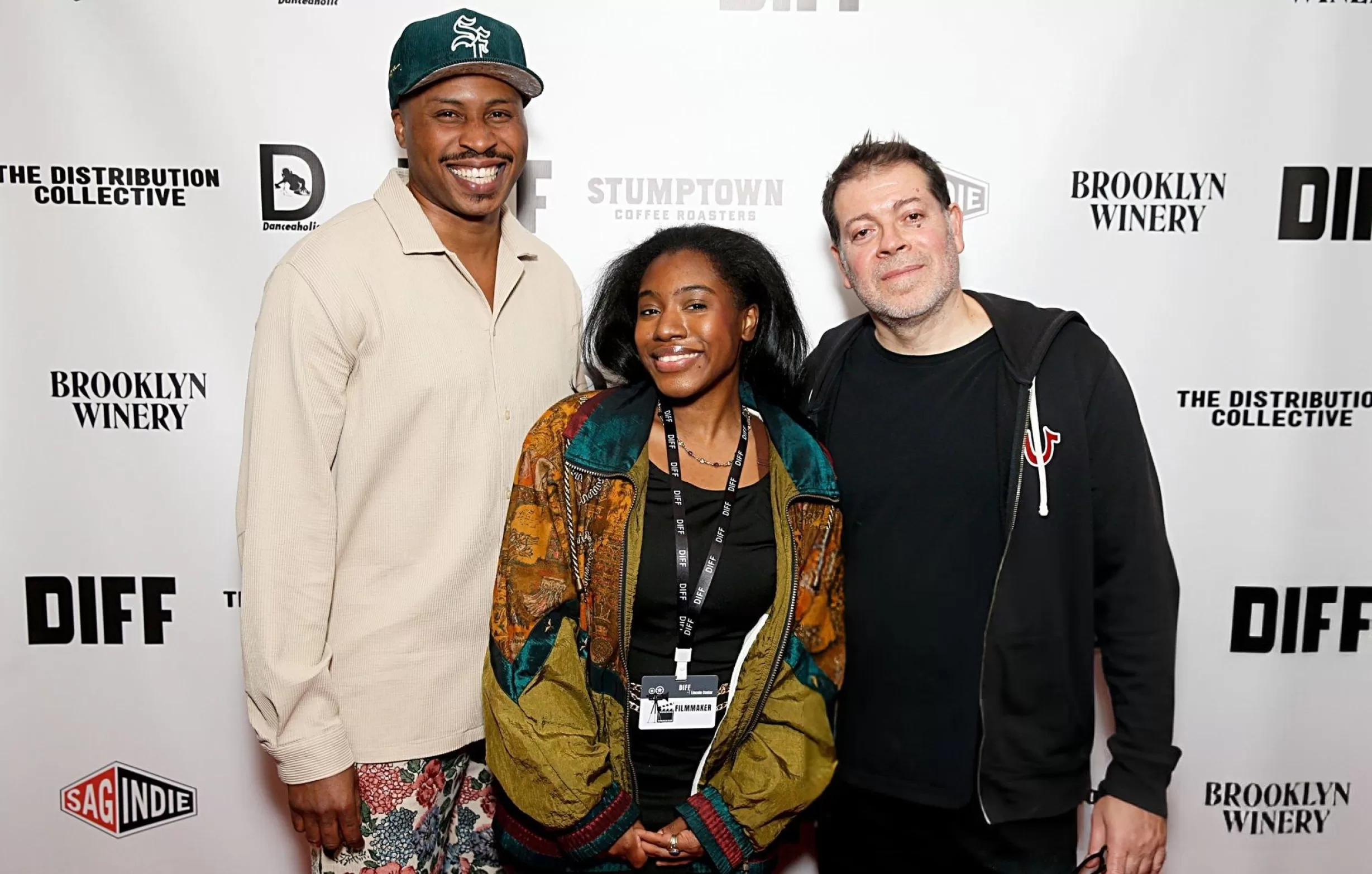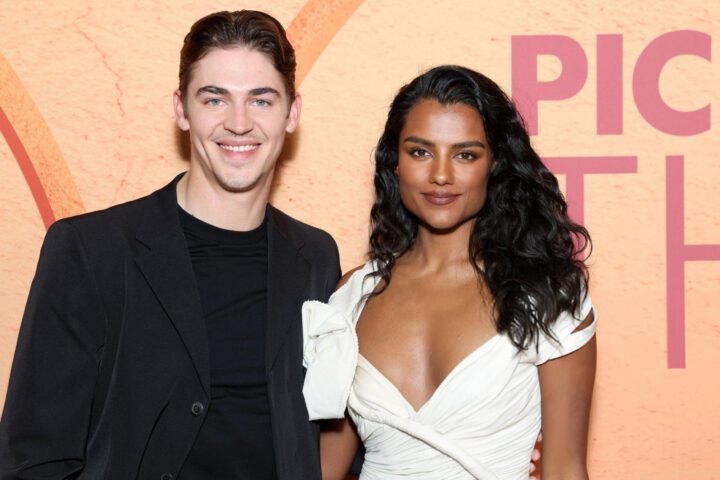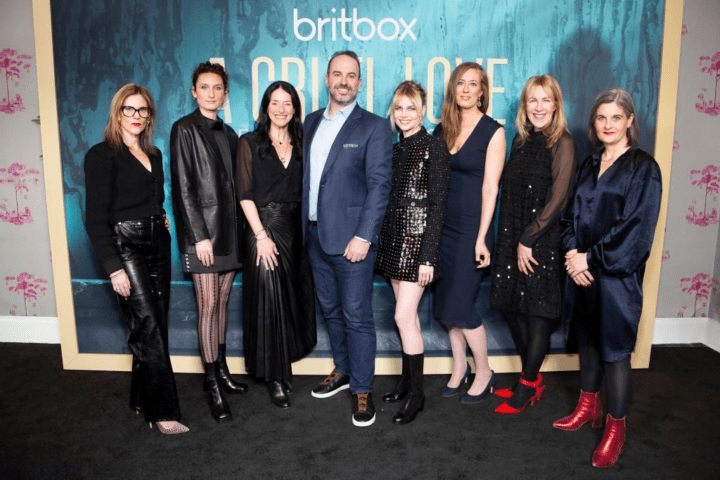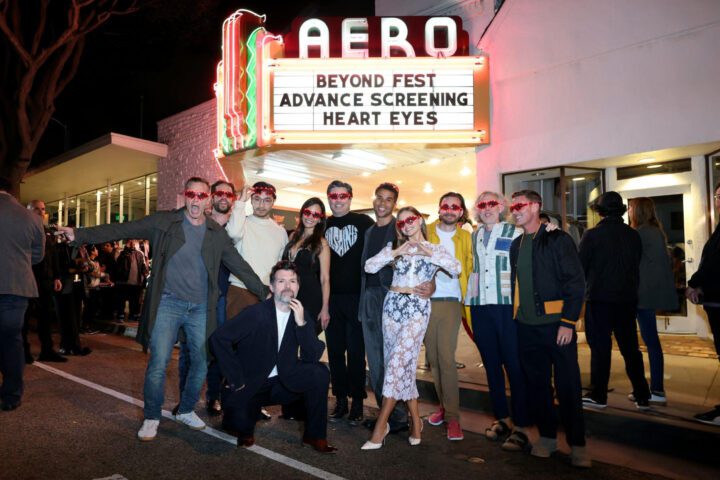The Lincoln Center’s grand stage came alive with vibrant anticipation as the Diversity And Inclusion Film Festival 2024 premiered its highly anticipated feature, “Once Again (For The Very First Time)”. Directed by Boaz Yakin, an auteur renowned for his emotional storytelling, this cinematic gem stars Jeroboam Bozeman as DeRay, a legendary street dancer, and Mecca Verdell as Naima, an impassioned slam poetess. With a stellar team and a story that dives deep into themes of love, trauma, and artistic redemption, this event was a beacon for inclusivity in the film industry, drawing notable attendees and energizing fans and critics alike.
Once Again Screening at Diversity and Inclusion Film Festival
The film’s premiere at the Lincoln Center was a night to remember, with the venue abuzz with excitement and the presence of industry luminaries, journalists, and an enthusiastic fanbase. Attendees included the film’s director Boaz Yakin, along with stars Jeroboam Bozeman and Mecca Verdell, who all took to the red carpet amid the flashes of cameras and adoration of fans.
Boaz Yakin, known for his visionary approach to storytelling, brings his signature depth and style to “Once Again”. The director’s unique lens focuses on the power of inclusivity and representation, placing characters from diverse backgrounds at the heart of his story. Through Yakin’s direction, “Once Again” becomes more than a film; it is a bold statement on the importance of diversity in cinema, giving a platform to voices that are often overlooked in mainstream media.
Yakin’s commitment to exploring raw human emotions is evident in every scene, from the somber, dimly lit moments where DeRay confronts his past, to the explosive dance battles that reveal his yearning for liberation. Each scene is meticulously crafted, highlighting the emotional spectrum of the characters’ journey, while subtly conveying the societal themes of resilience, trauma, and the transformative power of art.
The atmosphere was electric, as critics and fans alike eagerly awaited the screening. The premiere served as a powerful celebration of diversity and inclusion in film, a fitting tribute to the festival’s mission of spotlighting stories that champion underrepresented voices. Critics have lauded “Once Again” for its fresh narrative approach and its authentic portrayal of two artists navigating the intersection of love, pain, and healing. The film has been described as a “masterclass in performative storytelling,” with each review highlighting the exceptional talent of the cast and crew in bringing such an emotionally rich tale to life.
Once Again Summary
“Once Again” is an innovative fusion of dance, rap, and slam poetry, interwoven to tell a story of love and redemption in the heart of New York City. The film centers on DeRay, a street dancer who mysteriously falls from the sky, landing at the doorstep of Naima, a poet wrestling with her own scars. Together, they embark on a transformative journey through art, exploring the complex, delicate interplay of love, pain, and healing. Both characters are survivors, using their artistic expressions as channels for resilience and self-discovery.
At the core of this deeply moving narrative are two powerhouse performances that have captivated audiences and critics alike. Jeroboam Bozeman, playing DeRay, embodies the emotional and physical prowess of a dancer who speaks volumes through every move, capturing his character’s vulnerability and strength. Mecca Verdell, as Naima, brings an electrifying intensity with her powerful slam poetry and haunting expressions, portraying a woman who, like DeRay, battles her inner struggles with unflinching authenticity.
The chemistry between Bozeman and Verdell is magnetic, with each dance and poetic exchange punctuating the story’s intense emotions. The collaborative performances elevate “Once Again” into a poignant tribute to the power of art as a form of healing.
The film opens with a surreal sequence as DeRay descends from the sky in a cinematic moment symbolizing his fall from grace. He lands just outside the door of Naima, who is initially wary but soon finds herself drawn to this mysterious figure. Their connection unfolds slowly, each revealing pieces of their fractured pasts, both marked by trauma and resilience. DeRay’s passion for dance and Naima’s dedication to poetry become their salvation, leading them toward healing while exploring their shared longing for love and acceptance.
As the film progresses, dance battles and slam poetry exchanges serve as metaphors for their emotional turmoil, gradually revealing the deeper layers of their personalities. DeRay’s choreography, conceived by the legendary Rennie Harris, resonates with fluidity and intensity, adding an emotionally charged rhythm that mirrors his inner conflict. Meanwhile, Marcus Norris’ original score seamlessly intertwines with Naima’s spoken word, setting a haunting, emotional tone that underscores the characters’ shared journey of self-discovery.
The Impact of Rennie Harris’ Choreography and Marcus Norris’ Score
The emotional weight of “Once Again” is amplified through the brilliant choreography of Rennie Harris, a visionary in hip-hop dance whose work here seamlessly blends street dance with contemporary elements. Harris’ choreography tells a story within itself, capturing DeRay’s internal struggles through intense and rhythmic movements. Every gesture, every step becomes a part of his journey toward redemption, enhancing the narrative’s intensity and visual allure.
Complementing the choreography is Marcus Norris’ evocative score, which weaves a soundscape that amplifies the film’s emotional depth. Norris’ compositions intertwine seamlessly with Naima’s spoken word, creating a haunting, immersive experience that captures the rawness of the characters’ shared experiences. The synergy between the music and dance in “Once Again” is a testament to the collaborative magic that defines this production, making it a sensory journey that resonates long after the film ends.
One of the film’s most talked-about scenes is its surreal opening sequence, where DeRay falls from the sky—a symbolic representation of his personal downfall and journey toward redemption. This visually stunning moment sets the stage for a narrative centered around resilience and recovery, serving as a profound metaphor for DeRay’s and Naima’s paths toward emotional freedom.
The film’s poetic imagery, combined with Yakin’s nuanced direction, transforms “Once Again” into a metaphorical exploration of human fragility. The characters’ shared journey reflects the broader themes of self-acceptance, connection, and the healing power of artistic expression.
A Milestone for Diversity and Inclusion in Cinema
“Once Again (For The Very First Time)” stands as a powerful testament to the impact of diversity and inclusion in storytelling. It champions the voices of underrepresented artists and crafts a narrative that resonates deeply with audiences from all backgrounds. From its mesmerizing dance sequences to its evocative poetry and stellar performances, “Once Again” is more than just a film; it is a celebration of resilience, artistry, and the indomitable human spirit.
As the 2024 Diversity And Inclusion Film Festival draws to a close, it leaves audiences with a renewed appreciation for the transformative power of film to connect, inspire, and elevate diverse perspectives. With widespread critical acclaim and an eager fanbase, “Once Again” is poised to leave a lasting impact on the world of cinema, proving that stories of inclusion and resilience will always find a place on the world’s stage.





